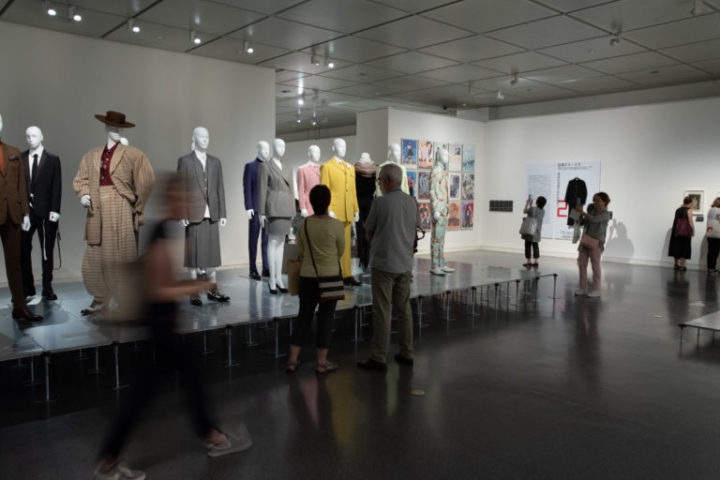The function of museums is to preserve, interpret and promote the natural and cultural inheritance of humanity.
As expressed by the First Principle of the ICOM Code of Ethics for Museums, governing bodies and those concerned with the strategic direction and oversight of museums have a primary responsibility to protect and promote this heritage as well as the human, physical and financial resources made available for that purpose. On this basis, the ICOM Code of Ethics promotes social responsibility, independence and scientific freedom, tolerance and mutual respect without compromising professional museum standards.
As expressed by the 2015 UNESCO Recommendation concerning the protection and promotion of museums and collections, their diversity and their role in society, museums are spaces for cultural transmission, intercultural dialogue, learning, discussion and training. Therefore, museums play an important role in education, social cohesion and sustainable development and have great potential to raise public awareness of the value of cultural and natural heritage and of the responsibility of all citizens to contribute to their care and transmission.
Regardless of their funding source or governance model, museums should maintain control of the content and integrity of their programs, exhibitions and activities. Incomegenerating activities should not compromise the standards of the institution or its public (Principle 1.10 of the ICOM Code of Ethics). The high level of professional and institutional integrity and autonomy of museums should not be jeopardised by financial or political interests.
